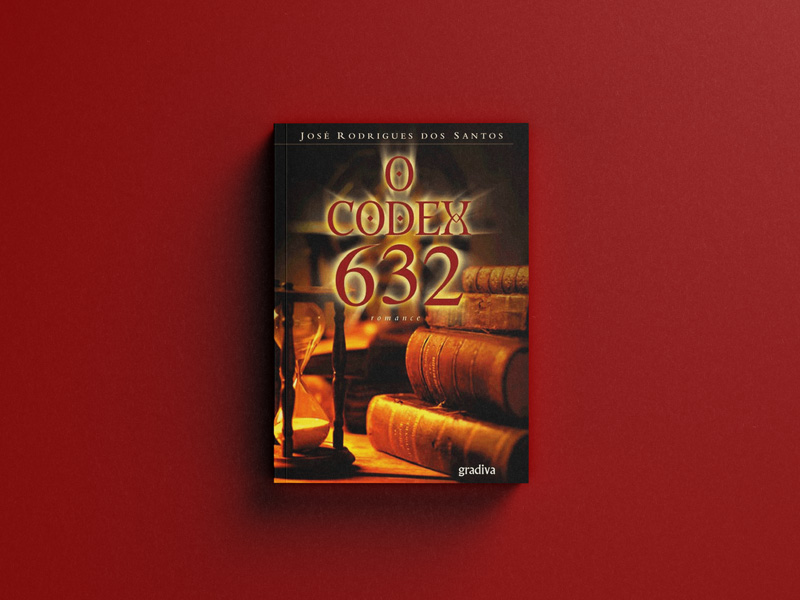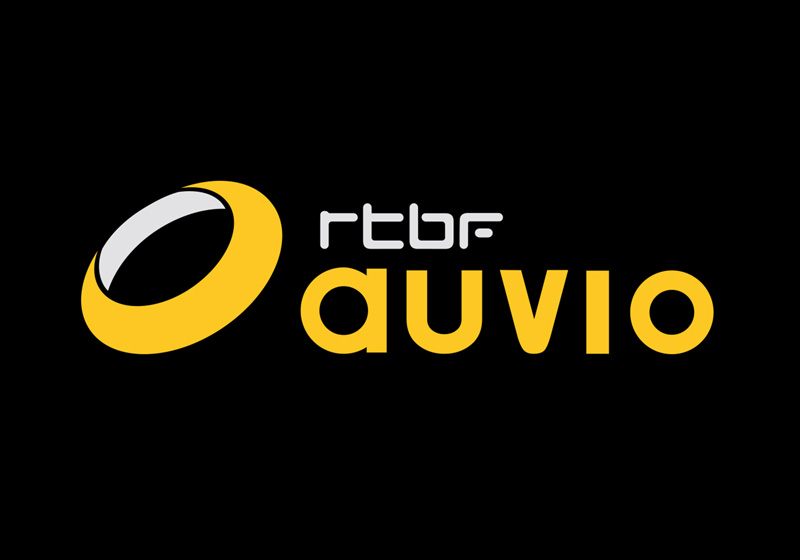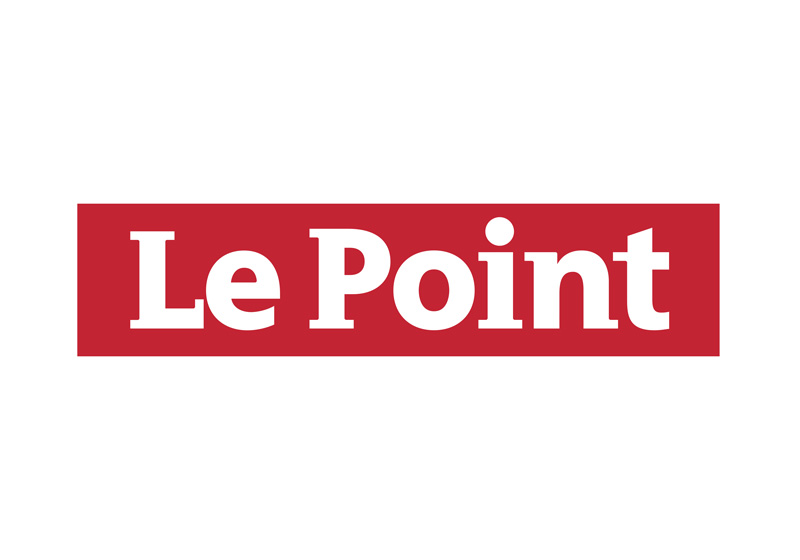Interview for Il Secolo XIX
- The title of your book imitates “Il Codice da Vinci”. Why?
JRS: Actually, no. The original title of my novel is Codex 632. Dan Brown’s book is The Da Vinci Code. Codex and Code are two different things. A “code” is a process to hide meanings. A “codex” is an old manuscript, a sort of old book. The Codex 632 title comes from a 16th century document that exists in Lisbon’s National Library, archived under the reference number “Codex 632”. This document gives a clue to the real identity of the discoverer of America, hence the title of the novel.
- When did you decide to write about Columbus?
JRS: It was in late 2004. I wanted to write a novel about the Discoveries and came across a book explaining the inconsistencies of the Genoese theory on Columbus. It seems that Columbus never called himself Columbus or Colombo, but Colon or Colona. Why then do we call him Colombo? And he did not speak Tuscan or Genovese, which is very strange for a Genoese, don’t you think? He even wrote letters to Genoese people… in Spanish! There are even documents that place Cristoforo Colombo in Genoa and Cristovam Colon in Lisbon in the same year, 1472. How could he be in two places at once? So, I realized that the number of odd details was enormous and could only be explained by the fact that Colon and Colombo were two different men. So, after finding a great number of strange facts, I decided to write this novel about the mystery surrounding the discoverer of America.
- What are the sources of your history?
JRS: To tell you the truth, there is an intense debate amongst historians over the real identity of the discoverer of America. It’s just that the public does not know about it. What I did was bring to public attention a glimpse of the arguments of that almost secretive academic debate. The sources for my novel are numerous historians’ investigations and the documents left by Colon himself and all the people who knew him.
- What were the most favorable and unfavorable remarks about your book?
JRS: That’s a hard question. The Brazilian press made a lot of comparisons with Dan Brown, but the Spanish press compared to Umberto Eco. I guess comparing to Eco is favorable and Brown is unfavorable, but that’s subjective, isn’t it?
- Are Portuguese people proud of your thriller?
JRS: Well, the novel did sell a lot in Portugal. I think it was 145 000 copies, and it’s still selling. I suppose readers liked the novel, but I don’t know if they are proud of it.
- Do you think that “Il Codice 632” will make you more famous than Dan Brown?
JRS: If I had a choice, I would rather be more famous than Columbus than Dan Brown.
- What are the differences between you and Dan Brown concerning the issue of historical truth?
JRS: I don’t know. How truthful is Dan Brown? He based his novel on hearsay, I based mine on real documents.
- Do you prefer to be judged as an historian or a very good novelist?
JRS: I am not an historian, I’m a novelist. I just brought this academic debate into the public arena.



